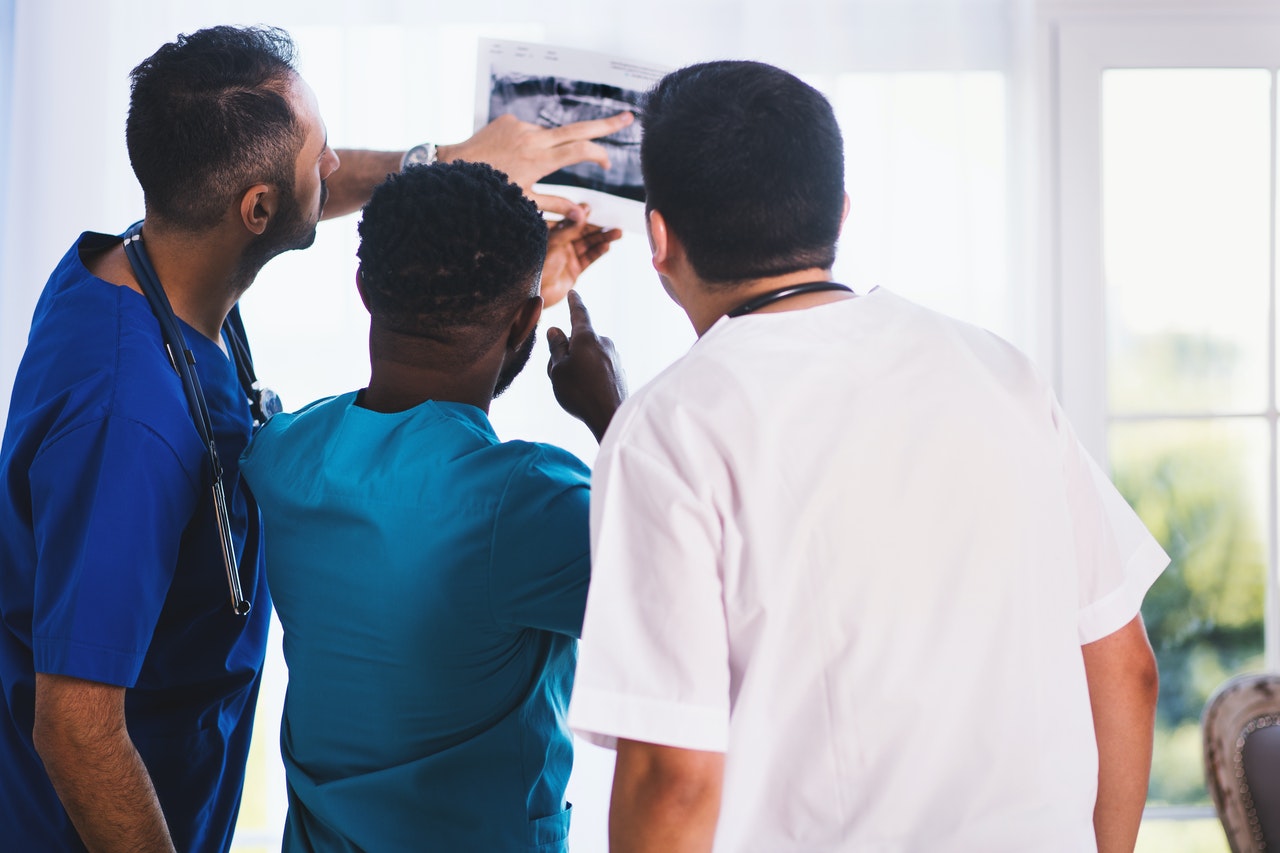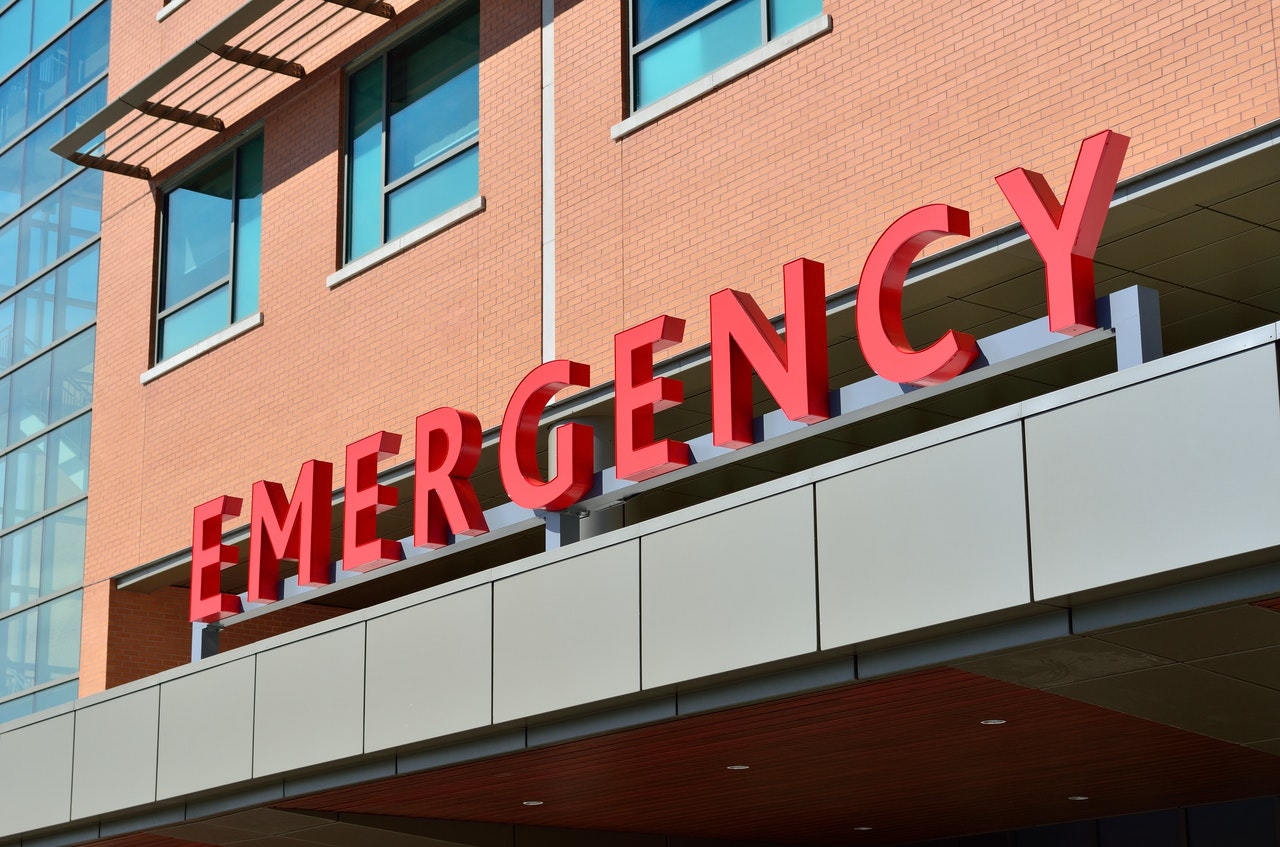Research suggests that the public should not fear contracting Covid-19 from hospital staff, who appear to be at low risk of infection by patients.
These are the early results from research led by Barts Health consultant Prof James Moon in collaboration with colleagues at UCL and Queen Mary University of London.
The initial findings, published in correspondence to The Lancet, show that infection among healthcare workers at present is more likely to reflect general community transmission than exposure within a hospital.
Prof Moon said: “Our research indicates that in the past two-three weeks, despite high numbers of patients with Covid-19 in our wards and intensive care units, rates of staff infection have fallen so much that it is unlikely the staff are being infected by patients.
“This low level of infection amongst healthcare staff should reassure patients and visitors that, as the pandemic recedes, infection from healthcare workers without symptoms is unlikely to present major risk.”
With those NHS staff showing symptoms of Covid-19 self-isolating at home, the research found the proportion at work with the disease but no symptoms is very low.
NOW READ: Londoners will need to stay working from home after lockdown
The rate of asymptomatic infection amongst hospital staff fell from 7% to 1% after the UK-wide lockdown was introduced, in line with the general London population.
The researchers are collecting samples from over 400 staff at St Bartholomew’s Hospital displaying no coronavirus symptoms. Blood tests and nasal swabs are taken at weekly intervals.
The research team believe the data reinforces the case for background population surveillance and regular testing of healthcare workers, switching to the testing of all staff, even with no symptoms, if general infection rates rise.
Prof Moon said: “Public fear of hospitals is currently high, with the risk that patients with serious and treatable diseases present too late to prevent adverse outcomes.
“Our findings show that currently the rate of asymptomatic infection among hospital staff more likely reflects general community transmission than in hospital exposure.”
Prof Noursadeghi, from UCL, who is also involved in the research, added: “Tracking this epidemic will require ongoing monitoring of infection rates in both symptomatic and asymptomatic people in the general population.
“Our data suggest that routine screening of all health care workers without symptoms may not be necessary whilst infection rates in the general population are falling.
“If they begin to rise again, regular testing of health care workers irrespective of symptoms should be considered to protect these keyworkers and their patients.”
For the latest headlines from the City of London and beyond, follow City Matters on Twitter, Instagram and LinkedIn.








